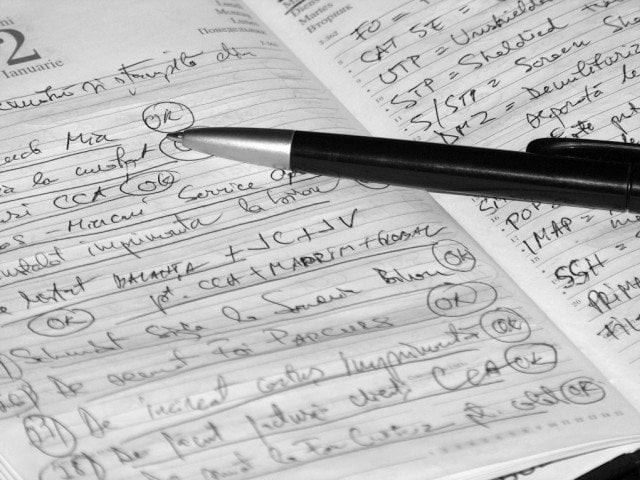Questions raised: PMC tests results reflect dire state of education in Sindh
Underwhelming performance; provincial govt rejects results claiming unjust testing methods

The latest medical and dental college entrance exams conducted under the Pakistan Medical Commission (PMC), appear to have held a mirror up to the state of education across the country.
Regardless of the on-going debate around exam papers, alleged to be out of syllabus, Sindh, under the rule of Pakistan People’s Party (PPP), has come to the fore as one of the worst performing provinces. Whereas, Khyber Pakhtunkhwa (KP) displayed a surprisingly better score compared to most other regions.
Resultantly, the disparity in scores across each of the four provinces and the absolute dismal performance in Sindh, has raised several concerns about the quality of education in the southeastern province and its rural districts.
A mere 25.49 per cent of the test-taking students in rural Sindh have managed to qualify for a pass grade. For urban Sindh, the number stands at 43.61 per cent. Whereas, the overall result of both, rural and urban Sindh put together, still ranks lower than KP with only 32.85 per cent of the total students passing the test.
In contrast, in KP, a majority of 74.4 per cent of students have been able to score a pass grade. Similarly, the northwestern province also boasts a relatively high number of top-scorers in the country. Out of the 32,658 students who appeared for the test in KP, four were able to score above 190 marks while over 31 students managed to score between 186 and 190 marks.
If we collate MDCAT results from other regions, it appears that Balochistan too has managed to exhibit a relatively better performance than Sindh’s rural areas. In Balochistan, out of the 5,981 students who appeared for the test, a total of 32.48 per cent passed. However, no student in Balochistan could score higher than 190 marks, while two managed to score between 186 and 190 marks.
Whereas, in Gilgit, the capital of the greater Gilgit-Baltistan territory, a majority of 71.1 per cent of students managed to pass the test. Out of the passing students, a total of four students in the region scored between 186 and 190 marks, while a single student managed to surpass the 190 score.
Deducing from test results, the region with the highest number of top-scorers happens to be Punjab, the country’s largest province. Out of a total of 52,346 students who appeared for the test here, over 230 students were able to score over 190 marks, while 1,065 students scored between 186 to 190 marks.
According to the Medical and Dental College Admission Test (MDCAT) results obtained by The Express Tribune, the percentage of failing students from Sindh stands at 74.51 per cent in rural and 56.39 per cent in urban parts of the province. Furthermore, out of the 25,266 students from rural and urban Sindh who participated in the test, over 16,965 were those who failed the test with less than 120 marks. Going by which, the success rate of students in rural and urban Sindh stands at mere nine per cent and 43.61 per cent respectively. Thereby making rural Sindh one of the most educationally impoverished regions in the country.
Several other revelations have also come to light during The Express Tribune’s analysis of test scores. For instance, no student from rural or urban Sindh has been able to score above 190 out of the 200 marks exam. However, there are four students in rural Sindh and five in urban Sindh, who have scored between 186 and 190 marks.
Even with Sindh’s less-than-underwhelming performance, the provincial government has refused to accept the test results. Sharply criticising the test results in a press conference, Sindh Health Minister Dr Azhra Pechoho called the assessments unjust for being based on a federal board curriculum. In the same vein, the province’s educational experts have also raised several concerns in this regard. “The reason Sindh’s students are lagging behind is because our intermediate curriculum hasn’t been updated in decades, while other provinces have been getting routine updates,” an expert claimed while speaking to The Express Tribune.
Published in The Express Tribune, December 28th, 2020.



















COMMENTS
Comments are moderated and generally will be posted if they are on-topic and not abusive.
For more information, please see our Comments FAQ